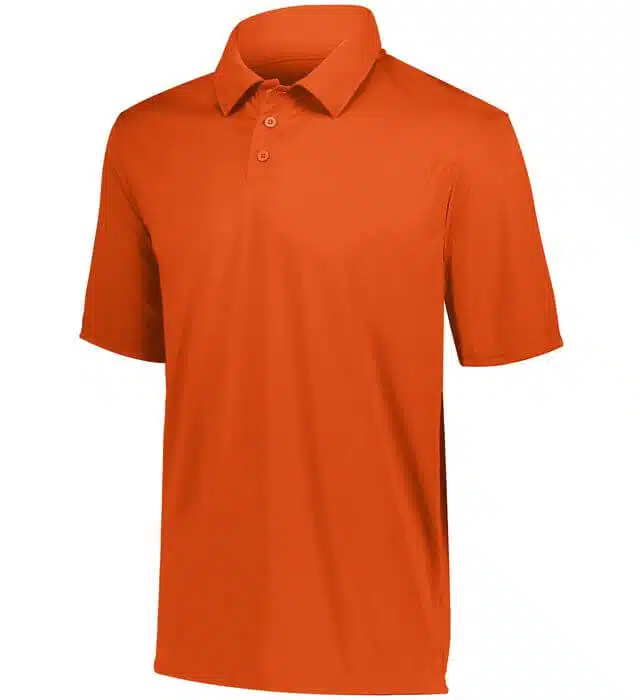White label clothing manufacturers create garments without any specific branding and supply them to brands with budget constraints or those lacking an in-house design team. This approach simplifies the entry for new companies in niche industries, offering them a ready-made solution.
The products, although unbranded, are customized with unique designs crafted for the particular retailer.
White label clothing serves as a prevalent practice in the fashion industry, allowing brands to swiftly and efficiently introduce diverse clothing options to their customers.

Now, breaking it down into simpler terms
Companies that make white label clothing produce clothes without any specific brand name attached. They sell these clothes to brands that might have a limited budget or don’t have their own design team.
This makes it easier for new businesses, especially in specific industries, to start selling clothes without the hassle of designing everything from scratch.
Even though the clothes don’t have a particular brand on them, they come with unique designs made for the store that sells them.
White label clothing is quite common in the fashion world because it lets brands quickly bring a variety of clothes to their customers.
White label pro and cons
Pros
Cost-Effective
White label products are often more affordable as manufacturers produce them in bulk, reducing per-unit costs.
Quick Launch
Ideal for businesses looking to enter the market swiftly, as they can start selling products without investing time in the design process.
Low Risk
With pre-designed items, there’s less risk involved for retailers as they can gauge market response before committing to extensive customization.
Variety
Offers a wide range of pre-made products, allowing retailers to diversify their offerings without the need for an in-house design team.
Ease of Entry
Suited for startups and small businesses that may not have the resources or expertise for custom manufacturing.
Cons
Lack of Uniqueness
Since products are not exclusive, retailers may face competition from others offering similar items.
Limited Branding
The retailer has limited control over branding and design, as products come pre-made.
Quality Concerns
Depending on the manufacturer, there may be concerns about the quality and consistency of the products.
Market Saturation
Common products may contribute to market saturation, making it challenging to stand out.
